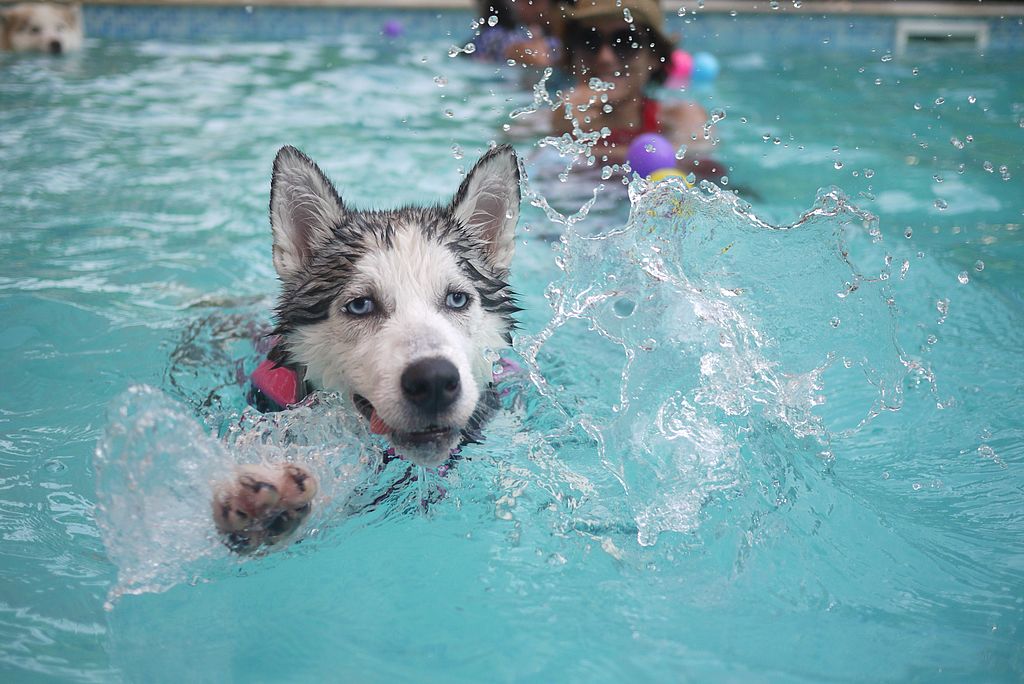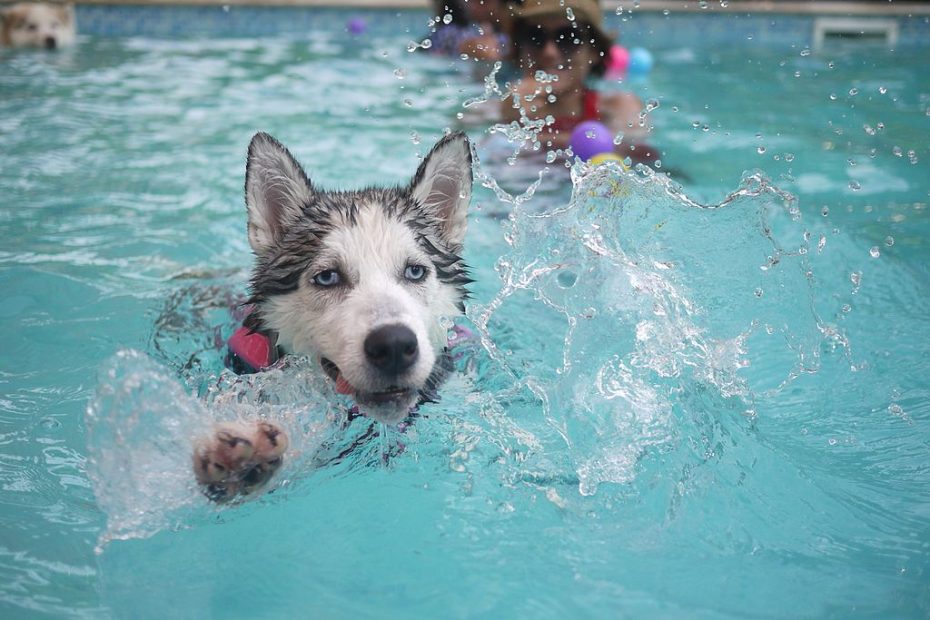Does Chlorine Affect Dogs Skin? Unraveling The Impact On Your Furry Friend
How To Know If Your Pet Has A Protein Allergy
Keywords searched by users: Does chlorine affect dogs skin symptoms of chlorine poisoning in dogs, dog chlorine rash, is chlorine bad for dogs to drink, is chlorine bad for dogs fur, can chlorine kill dogs if they drink it, pictures of swimmer’s itch in dogs, what happens if a dog drinks chlorine water, swimmer’s itch in dogs treatment
Can Chlorine Cause Skin Irritation In Dogs?
Can chlorine lead to skin irritation in dogs? The impact of chlorine on dogs varies depending on whether they come into contact with it while swimming in a pool or ingesting pool water. When dogs swim in chlorinated water, prolonged exposure to the chlorine can potentially result in skin irritation. Furthermore, chlorine exposure may also lead to eye irritation and a lackluster appearance of a dog’s coat. This issue was discussed in a February 24th, 2015 reference. To further elaborate, it’s essential to understand the specific circumstances and precautions required to safeguard your canine companion from potential chlorine-related discomfort.
Should I Wash My Dog After Swimming In The Pool?
After your dog takes a dip in the pool, it’s important to establish a routine of rinsing them off, or giving them a thorough bath. This practice helps eliminate any potential bacteria that may have accumulated on their fur while in the water. Additionally, bathing serves to remove chemicals and alleviate any discomfort caused by chlorine, sand, or other debris. This practice is especially crucial in maintaining your dog’s health and ensuring their overall well-being. This advice remains pertinent as of July 14, 2023.
Should You Wash Chlorine Off Dog?
When it comes to caring for your dog’s skin and coat after swimming in a chlorinated pool, it’s important to take some essential steps. After each swim, or if your dog frequently enjoys a day of poolside fun, make sure to rinse their coat thoroughly with cool water. This step is crucial, and it’s best to rinse for a longer duration than you might initially think is necessary. Doing so helps ensure that all traces of chlorine and other pool chemicals are effectively removed. Depending on your dog’s breed and preferences, you can either towel-dry them or use a blow dryer if it’s suitable for your furry companion. This practice is important for maintaining your dog’s skin health and overall well-being. (Original date: July 13, 2011)
Top 15 Does chlorine affect dogs skin




Categories: Top 30 Does Chlorine Affect Dogs Skin
See more here: thoitrangaction.com

Dogs who take frequent dips in the family pool may suffer from dry, itchy skin and a dry, dull coat because the chemicals in pool water strip the skin and coat of their natural oils. Chlorinated water may also have a slight bleaching effect on dark coats, and could even turn lighter coats (gasp!)The effects of chlorine on dogs depends on whether they are swimming in or drinking the pool water. If the dog is simply swimming in the chlorinated water, the water can cause some skin irritation after prolonged exposure to the chlorine. It can also irritate a dog’s eyes and dull its coat.It’s a good habit to rinse off, or even bathe, your dog after swimming in order to help rid them of any bacteria that might have collected on their fur from the water. Bathing will also clean off any chemicals as well as alleviate any itchiness caused by chlorine, sand or any other debris.
Learn more about the topic Does chlorine affect dogs skin.
- How to Pool-Proof Your Dog’s Coat – American Kennel Club
- The Effects Of A Chlorine Pool On Dogs
- How to swim safely with your dog – BC SPCA
- Water Dogs – AKC Canine Health Foundation
- Swimming and beach time with dogs – Hawthorn East Vet
- Chlorine Allergy | Causes, Symptoms & Treatment | ACAAI Public Website
See more: https://thoitrangaction.com/sports/
